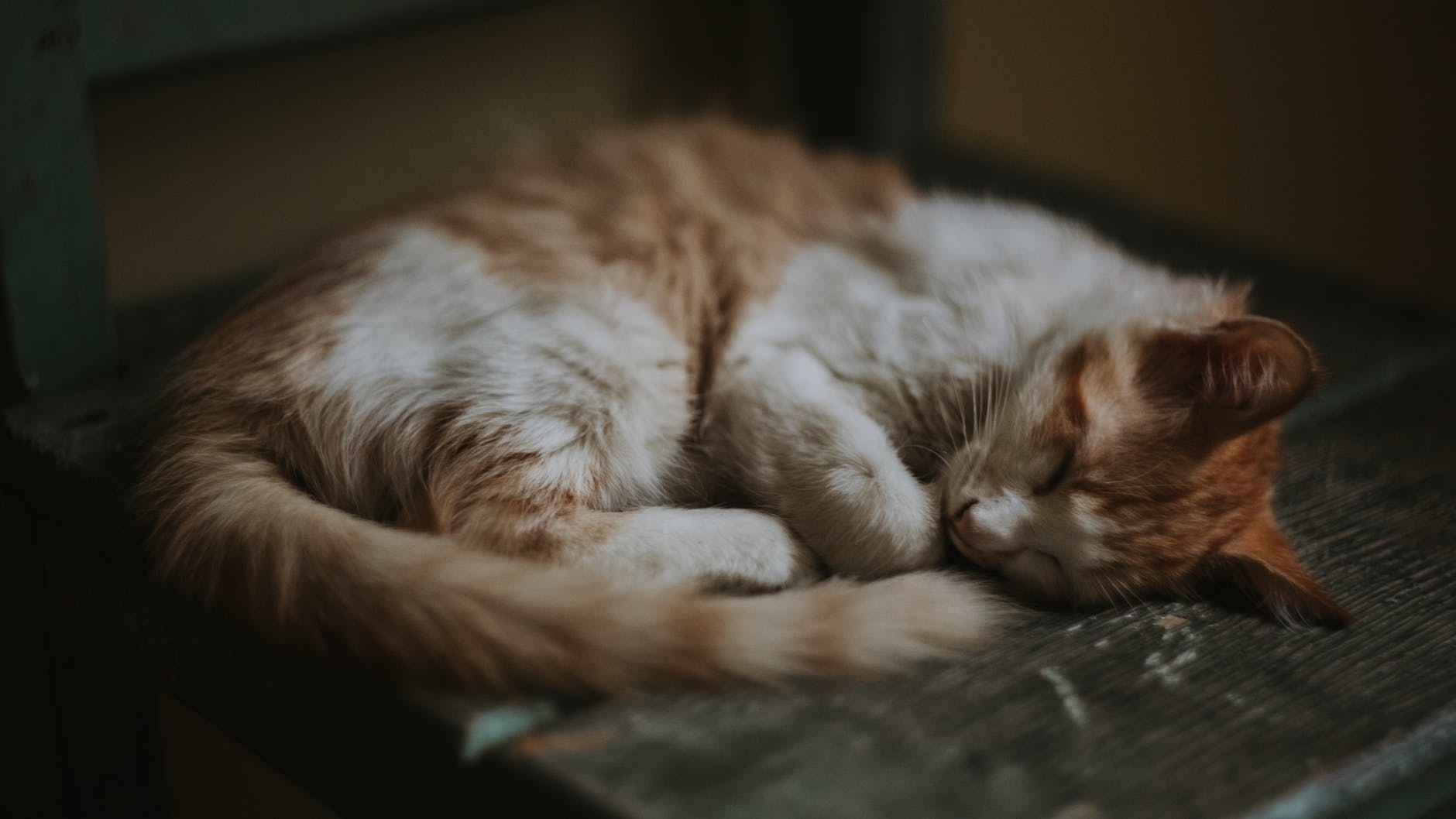New Kitten Care and Highlights
A new kitten may be about the cutest thing. They’re cute, usually sweet and somewhat fragile. Get them dewormed pretty much as soon as you get them. Worms and coccidia are the two most common causes of kitten fail, and also, diarrhea at least. Whether we are discussing Himalayans or a Heinz 57 variety, you were probably aware that kittens of any breed need sensible care to keep them healthy and out of harm’s way.
Speaking in the most superficial terms, this involves keeping the kitten
* 1 – warm and
* 2 – well fed,
* 3 – free of intestinal worms, and
* 4 – vaccinated against diseases for which we have immunizations available.
To speak more specifically, let me outline some basic information to guide you.
First, kittens need ‘FVRCP-C’ immunizations. Those start at 6 weeks and are boostered every 3 weeks til they’re 13-14 weeks old.
A kitten should get this vaccination every three weeks until they are 14 weeks old. It protects against Feline Rhinotracheitis, which is a severe “cold” that kills kittens and disables adult cats. If cats get Rhinotracheitis, they never get rid of it. It causes a “cold” that comes back several times a year for life. Calici virus also causes “cold-like” symptoms, and may be fatal if it afflicts a kitten. Panleukopenia is fatal in most kittens, and causes vomiting and diarrhea. All of the aforementioned viruses are included in this single “all-in-one” immunization.
Kittens should be tested for Feline Leukemia, and possibly for Feline AIDS as well, because investments in kittens that carry these viruses may not be rewarded by longevity. These viruses are untreatable, and result in death within 3-4 years of contraction, often sooner.
2018 Note: So far I’ve seen several cats live normal lives into their teens with FIV. That is very rare. Normally they break down within 7 years of diagnosis.
People who have an FIV positive cat should not let that cat out to expose other cats. Every cat that your FIV+ cat punctures with a nail will later die of FIV. It can’t be prevented unless direct contact is prevented.
If the test is negative, Leukemia can be prevented by Leukemia vaccination. The kitten should get two of these, three weeks apart.
Empirical deworming without stool checks works well for many people within a budget. But a fecal exam will often show Coccidiosis, a problem unrelated to worms. If a kitten shows diarrhea in spite of routine deworming, this is the first thing I suspect.
The Rabies shot is given at 14 weeks of age.
Feed your kitten any good diet that does not contain CORN or any CORN product in the top three ingredients. I am particularly fond of the results we see in Nutro® brand fed kittens. I also like Iams food because of the way they care for their AAFCO specimens.
Litter training is usually a breeze if the kitten is having well formed stools.
Ear mites and respiratory problems are the most common and obvious kitten disorders.





